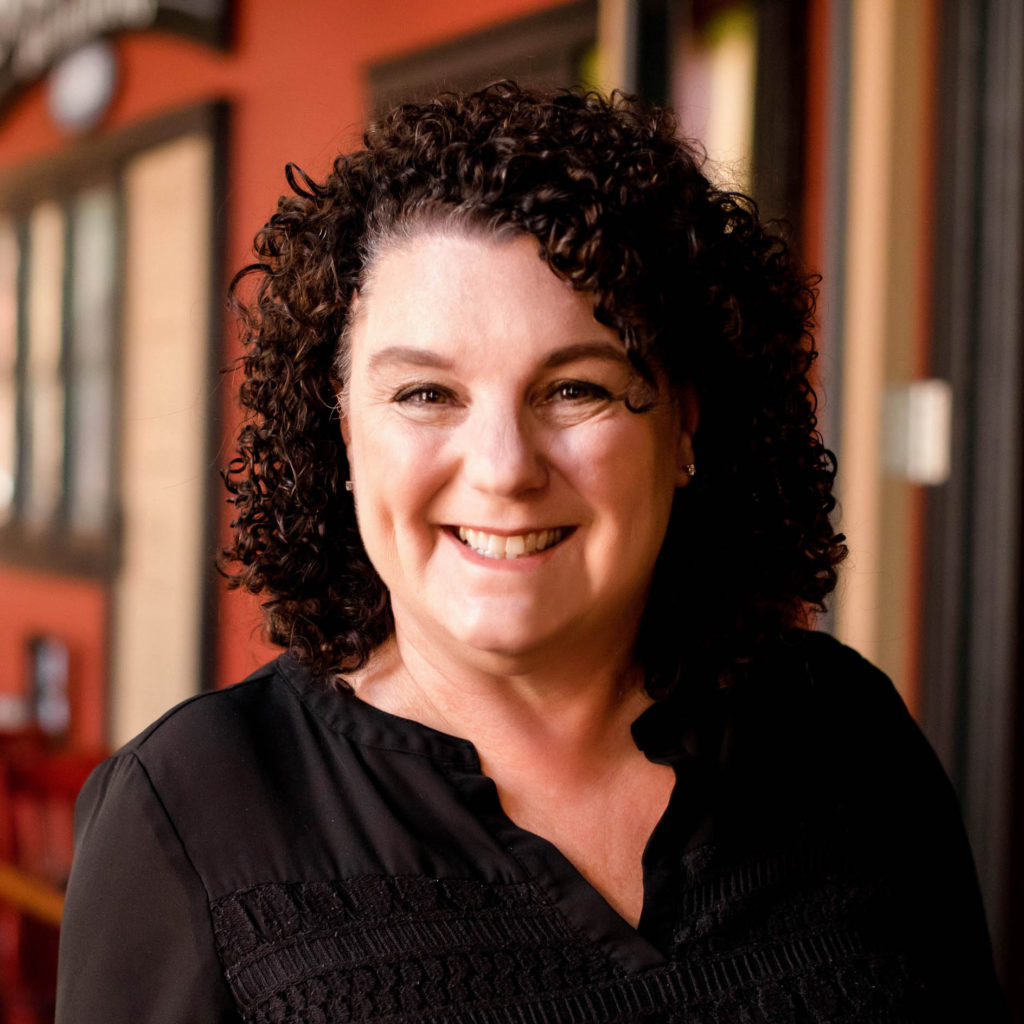By Suzanna de Baca, President and CEO, Business Publications Corp.

About 20 years ago when I was working on Wall Street, a colleague who was expecting her first child asked her leader if she could move to a part-time position for a few years. Despite 16 years of tenure as a top performer, she was told no, that wouldn’t work – her role had to be full time. She came to me in tears just to commiserate, thinking she would have to leave her job if she wanted to spend time with her newborn. And she wanted to keep working.
This seemed ridiculous to me. I immediately asked her if she’d consider moving into a different department and role in business development where she could set her own hours. We created a position, and – not surprisingly – she quickly became one of our leading producers. Why had her leader been so quick to dismiss a star performer who simply wanted a different working arrangement when it would have been easy to explore other ways of using her talents? That attitude was par for the course at that time.
Parental leave and new work arrangements have changed significantly in the last few decades, but most employers still have a long way to go. According to a new report by family benefits platform Ovia Health, parental benefits matter more than ever to working women. In this survey of working mothers, 77% of respondents indicated that family-friendliness through support/benefits is their top priority in employers. However, about 4 in 10 reported feeling that their employer is not currently family-friendly; nearly 50% said their parental leave benefits were confusing and 90% said they’d leave their company for a similar job with better family benefits. These are big numbers.
What are family-friendly benefits? These can include part-time or remote options, flexible work schedules, mental health support, a supportive physical environment with privacy for lactation, and – of course – child care assistance or subsidies. Additionally, help with returning to work was lifted up as a valuable resource. Is your company prioritizing working women as a part of your workforce?
I turned to local leaders and asked what workplace benefits or cultural factors are most important to them as a working parent. Here’s what they had to say:

Jessica Dunker, president and CEO, Iowa Restaurant Association and Iowa Hotel & Lodging Association: “A flexible work environment has always meant more to me than money. For 25 years I’ve been fortunate to have workplaces that allow me to attend my children’s activities, use sick time for an ill child, work from home as needed, and be the mom of five first, and an employee second. I’ve offered the same flexibility to my team.”

Sara Kurovski, CEO, Make-A-Wish Iowa; mayor, Pleasant Hill: The professional workplace has always made room for regenerative activities: power lunches, happy hour networking, conferences and social events. Culturally, we as leaders have to vocalize and model the flexibility to attend children’s activities, take care of a sick child. This creates parity across employees and yields reciprocal loyalty.

Jackie Norris, president and owner, SPPG; at-large director, Des Moines School Board: My company’s vision isn’t growth or profit, it’s about creating a workplace for women to do meaningful work, with competitive pay and the flexibility needed to fill their “bucket.” It’s bringing in a baby to keep a breastfeeding routine, walking a child to school or creating a schedule that allows you to have the house to yourself before work starts.

Lindsey J. White, vice president and control management senior manager, Wells Fargo: I value autonomy and flexibility. If I have other obligations or things that are important to me, I value a working environment that allows for that. Whether it’s a community luncheon, my son’s basketball game or a personal day at the spa, I can operate best at work when I know I can take care of myself outside of it.
I asked these executives about a time they confronted an obstacle or barrier to advancement at work because of being a working mother.
“I protected my time with my husband and children fiercely,” says Dunker, who shared that she has not felt barriers because she was extremely selective in job choices, which she notes as atypical. She made a conscious decision to avoid jobs that required travel and opted to care for her kids personally versus having outside child care. That meant she looked for work that was fulfilling but allowed her to be a mom first. She laughs that her high school-age son recently told her he wanted a marriage like Dunker and her husband’s, noting that his dad works and Dunker takes care of the family. Dunker says he stopped himself and added, “I mean you kind of work too.” She nearly cried with laughter, as most people who know her demanding work leading the Iowa Restaurant Association would likely not describe her job as “kind of work.” But she explained if her son perceived that she put being a mom first, “I’m winning.”
Norris’ situation was different. She recalls a time when she was preparing to take over the leadership of an organization. She was being onboarded by a male colleague. When he told Norris that their onboarding meetings would start at 7:30 a.m. each day, she respectfully let him know that she could not be in the office until 8:45 as she had to get her kids to school. Norris recalls: “He looked at me and instead of pushing back he said, ‘Oh, yeah, that is the woman’s job. I assume you will stay later each day to make up your hours, or do you need to leave at 3:00 p.m., too?’”
White says that as she continued to grow in her career and gain leadership opportunities, she thought she would lose the flexibility she had as an individual contributor. However, she reports that she’s been lucky to work with other leaders who simply “get it,” which is very appreciated. “There are times that I may have to open my laptop later in the evening or on the weekends, but having that type of flexibility allows me to better plan how to get it all done,” says White, who realizes there are so many working mothers who experience pushback or have limited opportunities because of their demands at home. She notes, “From hearing those types of stories, I really push to be a leader who focuses on the people, including their families and their passions first.”


